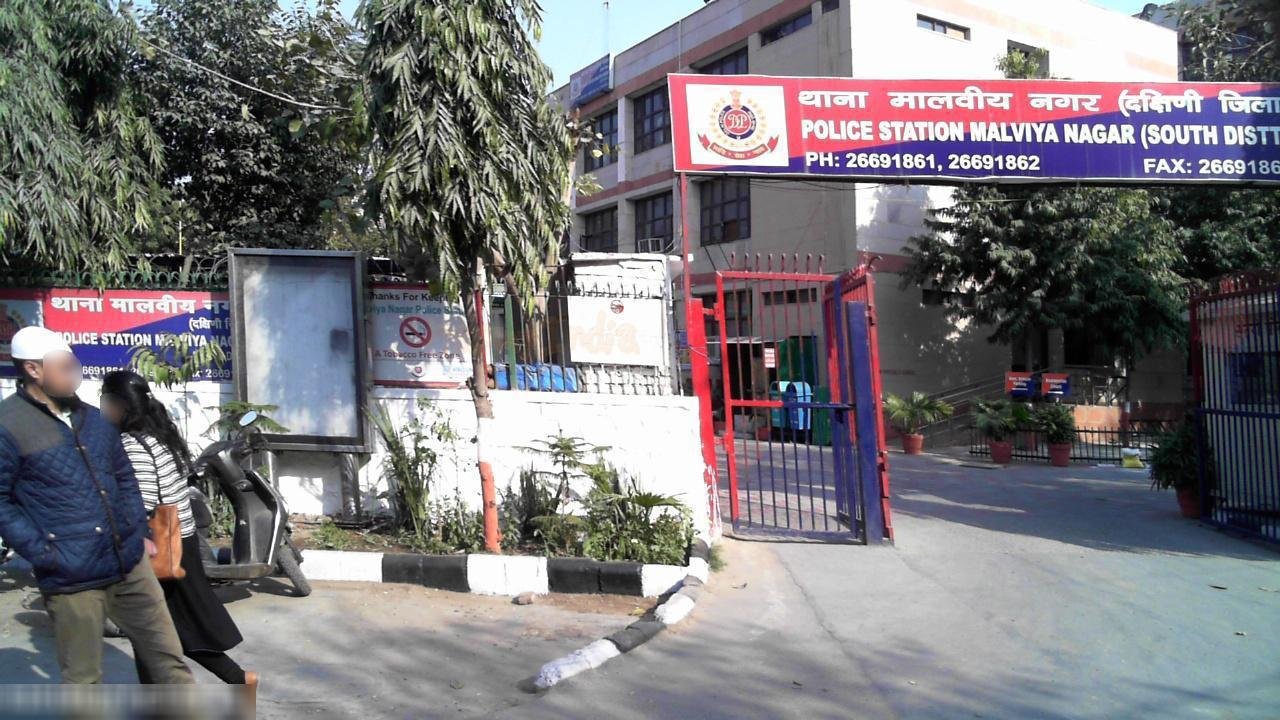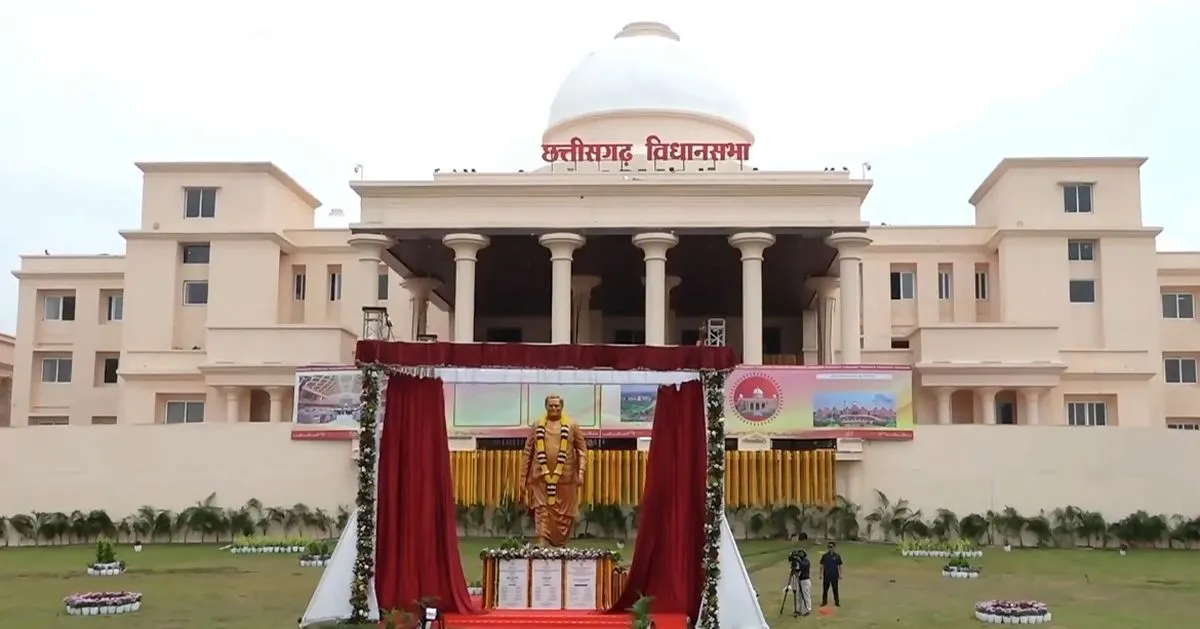Under the leadership of Dr. Udit Raj (Former MP), National Chairman of the Unorganised Workers & Employees Congress (KKC), a protest was held today at Shram Shakti Bhavan, New Delhi against the Labour Codes implemented from today. Copies of the Labour Codes were also burnt.
Senior KKC office-bearers National Vice Chairmen Mr. Ramesh Yadav and Mr. Sanjay Gaba; National Secretary Mr. Shahid Ali; National Coordinator C.P. Soni; Regional Coordinator Dr. Anshu Anthony; Delhi State Chairman Mr. Vinod Pawar; Haryana State Chairman Mr. Naresh Malik, along with dozens of office-bearers and hundreds of workers joined the protest.
Addressing the gathering, Dr. Udit Raj said that the four Labour Codes introduced by the BJP-led Central Government — Industrial Relations Code, Occupational Safety and Health (OSH) Code, Social Security Code, and Code on Wages — have completely failed on the ground, proven to be anti-worker, and serve only corporate interests. These Codes have snatched away hard-earned labour rights achieved over decades, destroyed job security, and pushed more than 90% of the workforce (unorganised sector) into confusion and vulnerability.
1. Industrial Relations Code, 2020
Legalising ‘Hire and Fire’ : End of Job Security
This Code is the biggest attack on job security in independent India.
-
Unrestricted Retrenchment: Companies with up to 300 workers can now carry out retrenchment/layoffs without government permission (earlier limit was 100). This has pushed job security to a 30-year low.
-
Crackdown on Trade Unions: Rules for forming and recognising unions have been made extremely rigid, weakening collective bargaining power.
-
Strikes Made Impossible: A 60-day notice is mandatory before any strike. If the matter is under conciliation, the strike becomes illegal — effectively snatching away the right to protest.
-
Fixed-Term Employment: Permanent jobs are being replaced by fixed-term jobs, eliminating long-term security.
Industrial relations have been shifted from worker rights to corporate convenience, suppressing the workers’ voice systematically.
2. Occupational Safety, Health and Working Conditions (OSH) Code, 2020
Weakening Safety Standards — Corporate Flexibility Above Workers’ Lives
This Code dilutes strict safety norms and gives excessive freedom to employers.
-
Inspection System Collapsed: 13 strong earlier laws replaced with a weak structure. Under the guise of ending “Inspector Raj,” workers are left in unsafe conditions.
-
No Strict Oversight up to 300 Employees: Small and medium factories (up to 300 workers) are exempt from stringent inspections, compromising worker safety.
-
Women’s Safety Undefined: Night shifts for women permitted without mandatory mechanisms for escort, transport, or CCTV protection.
-
Neglect of Contract Workers: Outsourcing will increase, but no accountability for the safety and health of contract labour.
Worker safety is treated as a cost, not a right.
3. Social Security Code, 2020
Recognition without Rights — No Real Security for 90% of Workers
For the unorganised sector, this Code is merely a paper exercise.
-
Gig and Platform Workers Unprotected: No clear framework for funding, contributions, or insurance for delivery workers and app-based workers.
-
Stalled ESIC/EPFO Expansion: Due to lack of rules, the expansion of ESIC/EPFO has come to a halt.
-
Only Registration, No Benefits: Millions of unorganised workers are being registered on the portal but are receiving no legal guarantees or benefits.
-
Inactive Welfare Boards: Welfare Boards for construction and other workers have been sidelined, stopping portability and benefits.
Social security has been reduced to a data entry exercise, giving workers only an ID card, not real protection.
4. Code on Wages, 2019
Corporate-Driven Wage Structure Workers Paying the Price
Despite the claim of better wages, the reality is the opposite.
-
Reduced In-hand Salary: With basic pay mandated at 50% of total salary, PF contributions rise but take-home salary decreases, hurting youth and the middle class.
-
Allowance Cuts and Confusion: A complex definition of “wages” has disrupted salary structuring, reducing allowances and creating widespread confusion.
-
Heavy Compliance Burden on MSMEs: Increased costs and digital compliance requirements are threatening the survival of small industries.
The entire wage model is corporate-centric, benefiting companies while emptying workers’ pockets.
These Labour Codes introduced by the BJP government are not “reforms” but an attempt to weaken workers, encourage bonded labour conditions, and place corporate houses above the law.
We demand the immediate repeal of these anti-worker Labour Codes.














Leave a Reply